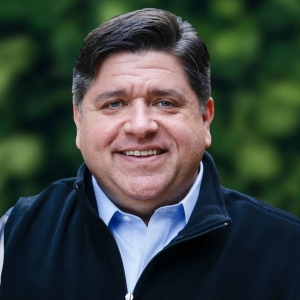
By Illinois Radio Network
SPRINGFIELD – At the top of Illinois lawmakers’ agenda as they return to Springfield is crafting a budget in the midst of record revenue shortfalls inflicted by the COVID-19-related shutdowns.
Those deficits are compounded by Illinois and Chicago officials having spent decades deferring contributions to retirement funds that have slowly tightened budgets.
In their annual financial report, Illinois officials say the state’s pensions and poor cash management were the driving factors in the state’s net position falling back $4 billion.
“The fiscal year 2019 CAFR reveals continuing underlying financial weaknesses which
significantly impact the State’s overall fiscal health in regards to deferred liabilities, ongoing
operational concerns related to cash management, and long-term concerns related to pension and other post-employment obligations,” the report read.
Pension contributions amount to nearly one-fourth of the state’s annual budget and it’s still not at the level actuaries estimate would bring down the level of unfunded liabilities. This is because the “Edgar Ramp,” enacted in 1995, that set contributions to track with the statute, rather than actuarial suggestions.
Gov. J.B. Pritzker has said the state’s budget would have been balanced had it not been for the pandemic-related revenue shortfalls, something that’s been disputed.
In Chicago, city officials revealed to Aldermen this week that the COVID-19 crisis has cut into their revenues by an estimated $500 million.
Chief Financial Officer Jennie Bennett told aldermen on Monday, according to WTTW, that the city could see a $2 billion deficit in the fall should the economy slide into a recession.
Like Illinois, Chicago has seen its unfunded liabilities increase over the years as well.
The city’s pension debt has grown by $7 billion since 2015, according to a Chicago Tribune analysis in late 2019 and is scheduled to cost more than $1 billion annually in the coming years.
“The latest point that we have is the product of years of effectively not balancing a budget,” Truth in Accounting Research Director Bill Bergman said.
Their annual City Combined Taxpayer Burden report released in April shows Chicago taxpayers shoulder $122,100 in deferred costs from the multiple units of government they reside in.
Illinois Radio Network can be reached at [email protected].







